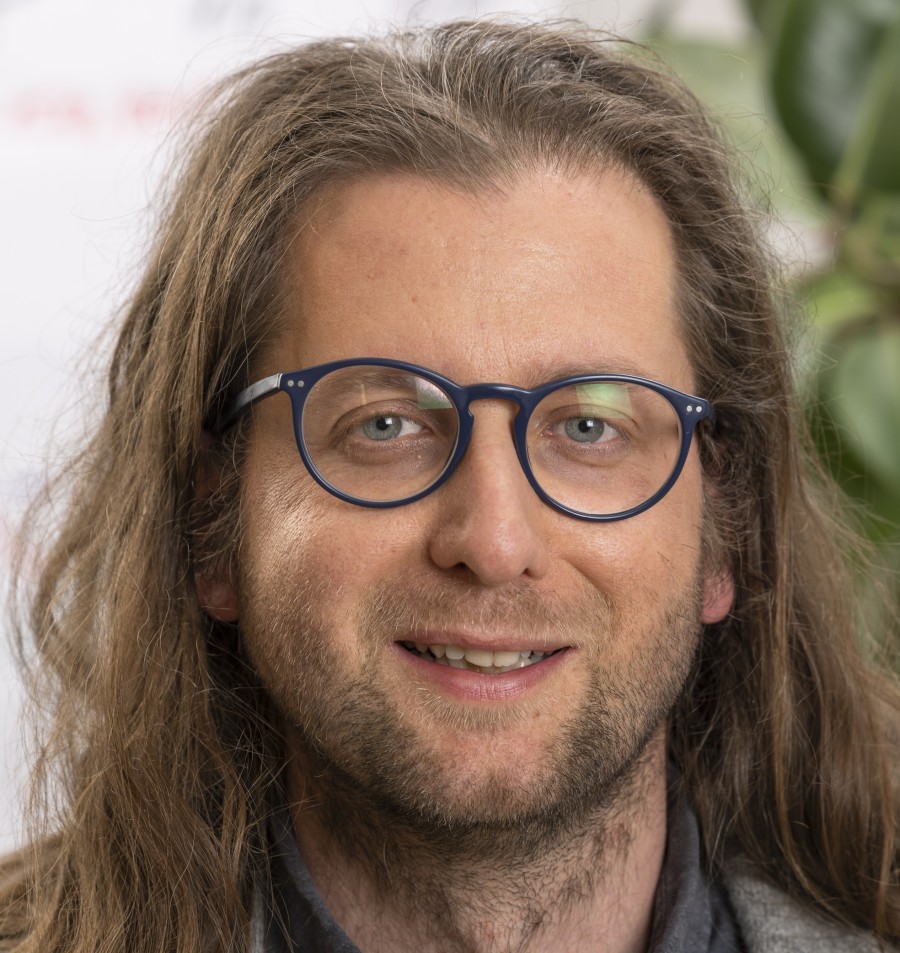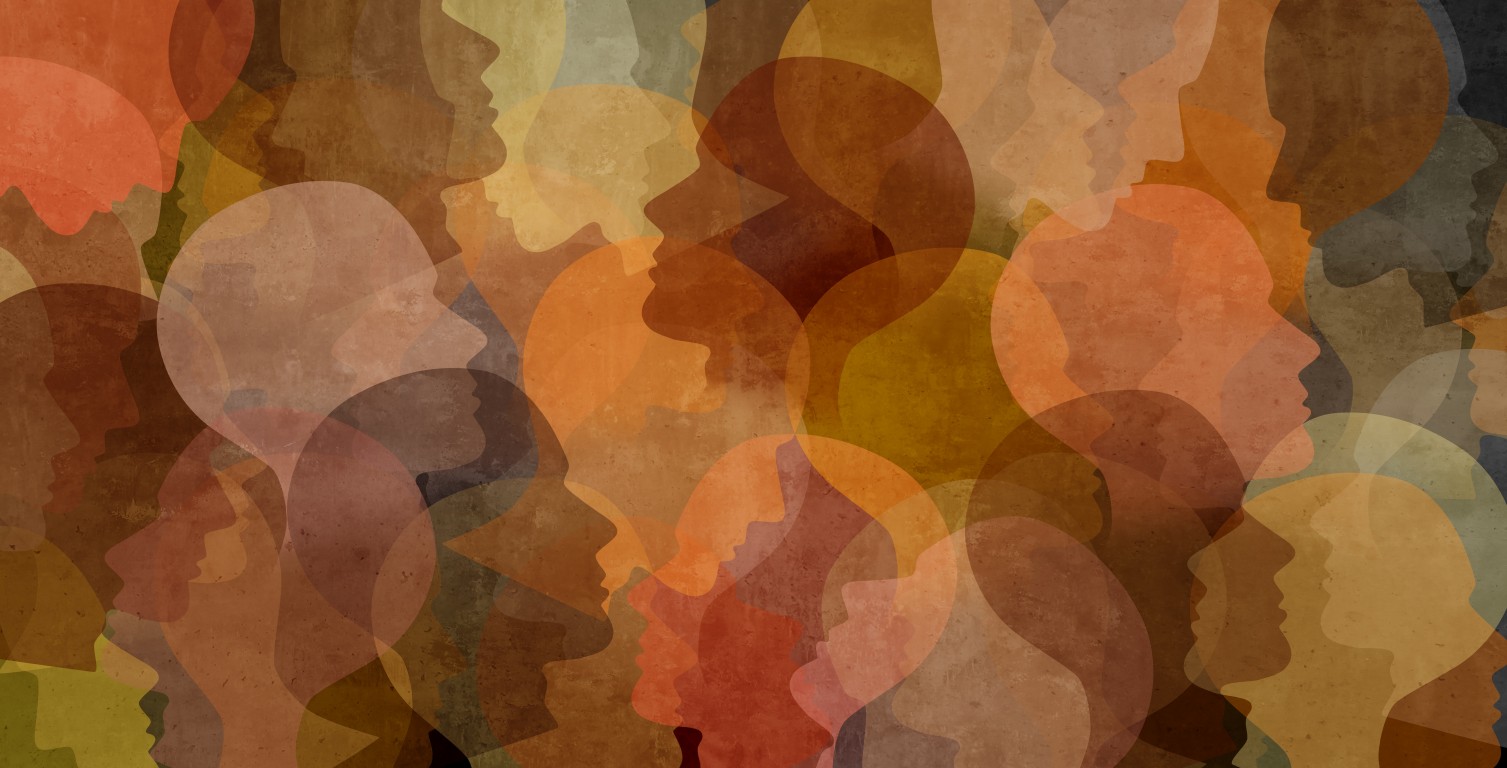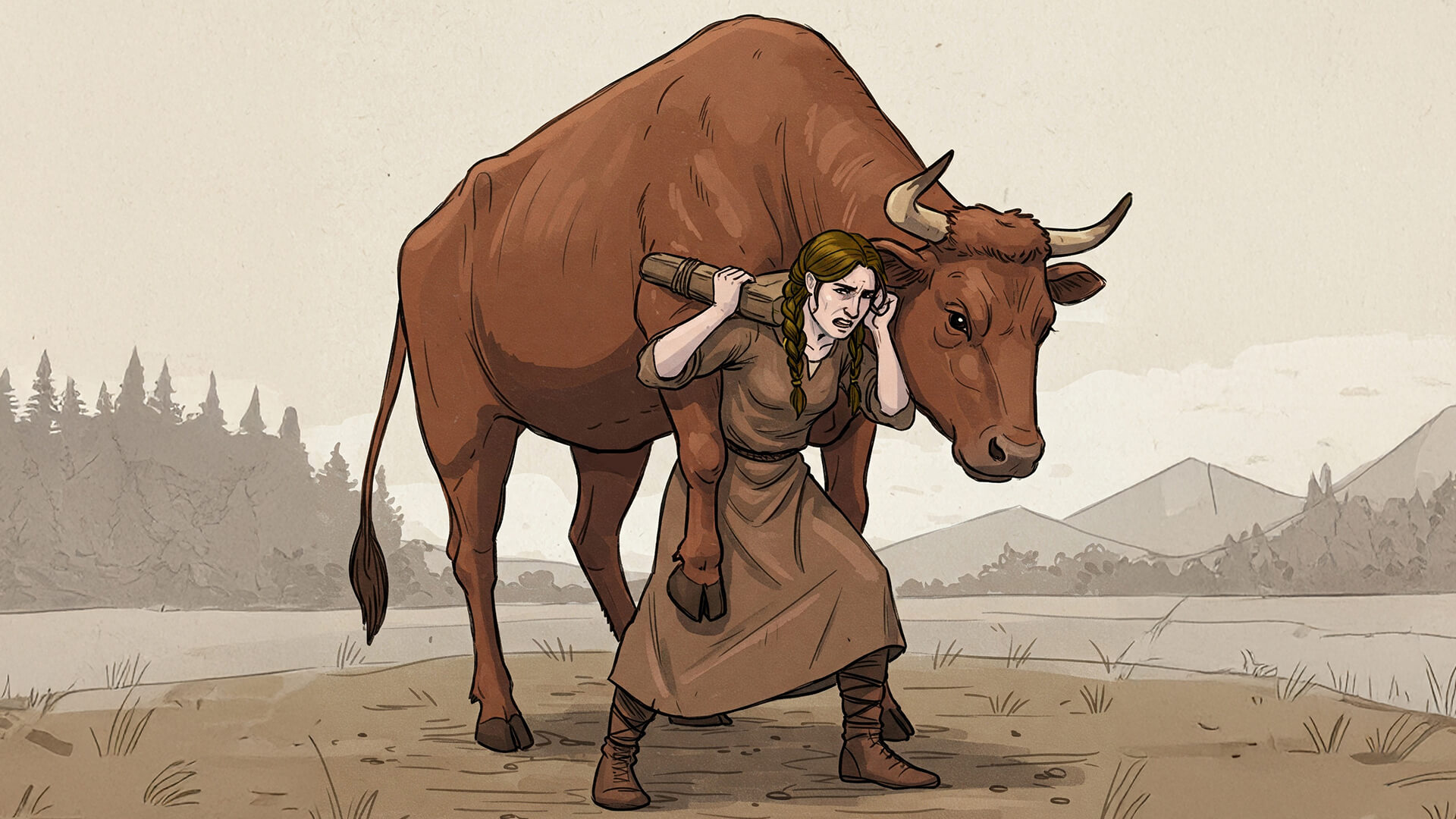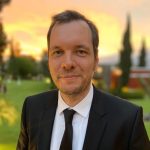Let us start our exploration of the humanities with two quotes by famous, somewhat controversial French philosophers:
“Do not ask who I am and do not ask me to remain the same: leave it to our bureaucrats and our police to see that our papers are in order.”1
And different, but, as I will argue, somewhat relatable:
“The concept of man, of what is proper to man, of human rights, of crimes against the humanity of man, organises as we know such a mondialisation or worldwide-isation. This worldwide-isation wishes to be a humanisation. If this concept of man seems both indispensable and always problematic, well – and this will be one of the motifs of my thesis, one of my theses in the form of profession of faith – it can be discussed or re-elaborated, as such and without conditions, without presuppositions, only within the space of the new Humanities.”2
At ProCredit Academy, we firmly believe in the value and impact of a well-rounded education. In addition to the “technical skills” required to excel in the banking industry, we offer a range of so-called humanities courses designed to deepen critical thinking, enrich our perspectives, and foster a deeper understanding of the human experience.3 But what exactly are the humanities, and why do they matter for us?
What exactly are the humanities?
The humanities, sometimes (for example by Derrida) called “new Humanities”, are usually seen as academic disciplines that focus on the study of human culture, society, and thought. These fields of study include history, philosophy, literature, art, and languages, all of which aim to explore and interpret the ways in which humans understand the world and their place in it. The humanities thus encourage us to ask fundamental questions about our values, our experiences, and our societal structures.
But for me, studying the humanities is not just about preserving or even analysing culture or tradition – it is about questioning what is taken for granted and developing the ability to think critically in a world where knowledge is often shaped by political and economic forces. I think this is what links the underlying thinking of both the quotes from Foucault and Derrida together. It is this tradition in which I see the humanities courses at the Academy. By learning and struggling with thinkers like Foucault and Derrida, but of course also many others, we become better equipped to challenge (oppressive) narratives, defend intellectual freedom, and rethink what it means to be human. In that sense, the humanities are more than just a field of study: they are more a space where human dignity, rights, and critical thinking are upheld.
The humanities thus understood in the widest sense focus on analysis, interpretation, and critical thinking, but go beyond this. For us at the ProCredit Academy, this also means that we move beyond the classical definition of subjects and add discussions relevant to us on diverse topics such as inequality, postcolonialism, climate change, sustainability and eco diversity. For me, the humanities deal with the complexities of human existence: our ethics, our cultures, our political systems, and the narratives we build around our lives. The courses at the Academy provide a space for our colleagues to discuss and reflect on the broader questions that shape our collective and individual identities. The humanities play an essential part in strengthening democratic understanding and practice. Martha Nussbaum sums up the role of the humanities in this context:
“Radical changes are occurring in what democratic societies teach the young, and these changes have not been well thought through. Thirsty for national profit, nations, and their systems of education, are heedlessly discarding skills that are needed to keep democracies alive. If this trend continues, nations all over the world will soon be producing generations of useful machines, rather than complete citizens who can think for themselves, criticize tradition, and understand the significance of another person’s sufferings and achievements.”4

Overview of humanities courses at ProCredit Academy
At ProCredit Academy, we offer a variety of courses in the humanities designed to complement the training our colleagues receive in finance and technology. These courses are not just an “extra”, but an essential part of our curriculum. They provide colleagues with the intellectual tools to engage with the world beyond numbers and profit margins. These courses include:
Philosophy and Critical Thinking: Philosophy courses at the Academy challenge students to question the assumptions they bring to their professional and personal lives. These courses encourage analytical thinking and logical argumentation, crucial skills for problem-solving and decision-making in any career.
History of Economic Thought: Understanding the development of economic ideas over time helps students place modern business practices in a broader context. This course provides insights into how economic theories have evolved and how historical events have shaped the financial systems we work with today.
The Enlightenment: This course explores the profound intellectual movement of the Enlightenment, which revolutionised thought in Europe during the 17th and 18th centuries. By studying key Enlightenment ideas – such as reason, individual rights, and democracy – colleagues gain insights into the historical foundations of modern economic and political systems, and how these ideas continue to influence contemporary business practices.
These courses are just a selection. They are designed to stimulate curiosity, encourage deep reflection, and ultimately contribute to more thoughtful, ethical, and adaptable professionals.
Why are the humanities important?
In a world which seems to be increasingly driven by technology and efficiency, some may question the relevance of the humanities. However, studying the humanities offers profound benefits, also in professional settings. Here are some ways in which studying the humanities can impact professionals:
Enhanced critical thinking and problem-solving skills: Humanities courses train colleagues to think critically and creatively. Whether analysing a philosophical text or examining historical trends, humanities enable colleagues to approach problems from multiple perspectives. This skill is invaluable in the professional world, where complex challenges often require innovative solutions.
Improved communication: Humanities disciplines like literature and philosophy place a strong emphasis on clarity of expression, both in writing and in speaking. Clear and transparent communication is key at ProCredit. Colleagues who can communicate ideas effectively are more likely to succeed in leadership roles, where clear communication is vital for motivating teams and influencing decision-making.
Ethical decision-making: Humanities courses, particularly those that deal with ethics and moral philosophy, help colleagues develop a nuanced understanding of the consequences of their actions. This is crucial in any profession, but particularly in our business environment, where ethical lapses can have serious repercussions. We believe that professionals with a grounding in ethics are better equipped to navigate the moral complexities of business and reduce risk.
Cultural sensitivity: The ProCredit group is an international employer and we constantly interact with colleagues, clients, and partners from different cultural backgrounds. Studying the humanities fosters cultural awareness and empathy, making professionals more adaptable and effective in such a diverse environment.
Long-term thinking: The humanities teach colleagues to think beyond immediate and quantifiable goals. Courses on history and philosophy encourage us to reflect on long-term outcomes, not just short-term gains. At ProCredit we value this thinking especially in leadership positions, where the ability to anticipate future challenges and trends can make the difference between success and failure.
Conclusion
As I hope became clear, the importance of the humanities functions on different levels. They help us in interrogating power and identity and, as the quotes at the beginning have shown, teach us to question who we are, how we are categorised, and how power structures shape our lives. Following Derrida I would argue that the humanities are central to defending human rights and dignity by fostering ethical reflection and resisting authoritarianism. All of this is at the centre of the humanities courses at the ProCredit Academy. At the same time, the humanities also help our colleagues develop as individuals and perform their jobs better.
References
1. Foucault, Michel. The Archaeology of Knowledge and the Discourse on Language, Pantheon Books, 1972, p. 17.
2. Derrida, Jacques. “The future of the Profession or the University without Condition (thanks to the “Humanities,” what could take Place Tomorrow)” in: Cohen, Tom [Ed]: Jacques Derrida and the Humanities: A critical Reader, Cambridge University Press, 2022, p. 25. The Derrida text is rather complex and multifaceted. But he posits the humanities and the universities as core questions: “Let us underscore merely by way of anticipation that this immense question of truth and of light, of the Enlightenment – Aufklärung, Lumières, Illuminismo – has always been linked to the question of man, to the concept of that which is proper to man, on which concept were founded both Humanism and the historical idea of the Humanities,” pp. 24-25.
3. The ProCredit Academy is not the only institution that links the humanities and professional development. For example: Moodie, Ann-Maree. “The Education of Man as Man: Management and the Classical Curriculum,” Keeping Good Companies 57/4, 2005, pp. 223-226.
4. Nussbaum, Martha C. Not for Profit: Why Democracy Needs the Humanities, Princeton University Press, 2016, p. 2.






